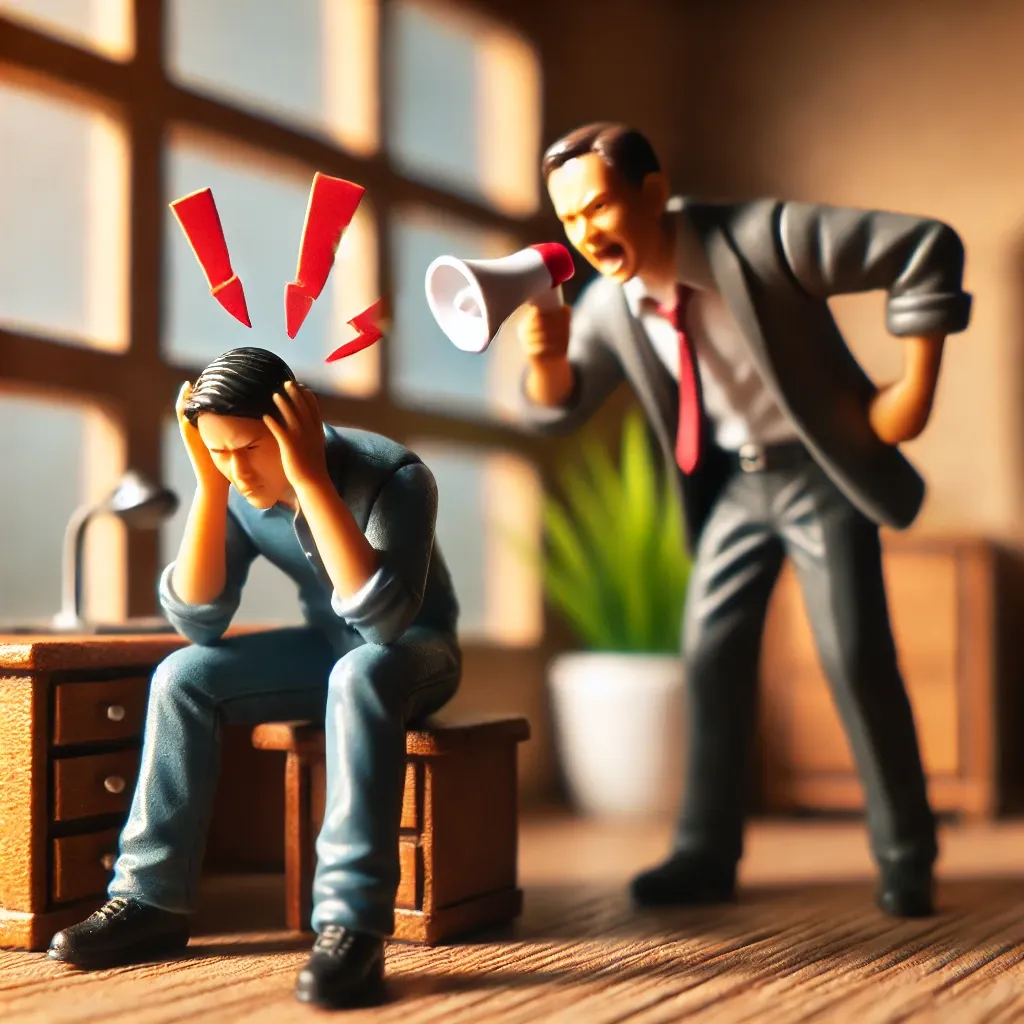What is the meaning of the phrase ‘Get out of one’s hair’?
To stop bothering someone or causing annoyance.
What is the origin of the phrase ‘Get out of one’s hair’?
The precise origin of the phrase ‘Get out of one’s hair’ is still to be deduced, but it is thought to have come into the English and American vernacular in the mid 1900s.
It is thought to draw on the idea of feeling something uncomfortable about one’s hair. Some niggling, unwanted presence. There are those who say it comes from feeling like you have a bat in your hair. However, it’s just as likely, if not more likely that the phrase’s origin could have referred to having twigs, nits, gnats, or cobwebs in one’s hair.
The idea is that people don’t like having anything in their hair that leaves them feeling bothered or annoyed, so someone might say ‘I’ll get out of your hair’ if they feel like they are being a nuisance, and want to give someone a break.
Alternatively, someone could use the phrase ‘Get him/her/them out of my hair’ if someone has been bothering or annoying them, and they want to be free of them. For example, if they need to concentrate on a particular task.
The phrase is frequently used in everyday conversations, and popular TV programmes.
What are some notable uses of the phrase ‘Get out of one’s hair’?
There was a song called ‘Get out of my hair’ released by the American singer Hasley in 2017.
The phrase has also been used in literary works, including the book “To Kill a Mockingbird” by Harper Lee, published in 1960 where the phrase is used by Atticus Finch to advise Scout to let things go and not to let others’ actions bother her.
It’s also used in the literary classic “The Catcher in the Rye” by J.D. Salinger published in 1951, when the hot-headed protagonist Holden Caulfield conveyed wanting people to leave him alone.
The phrase also crops in the 2007 film adaptation of J.K. Rowling’s best selling book, “Harry Potter and the Order of the Phoenix”.

